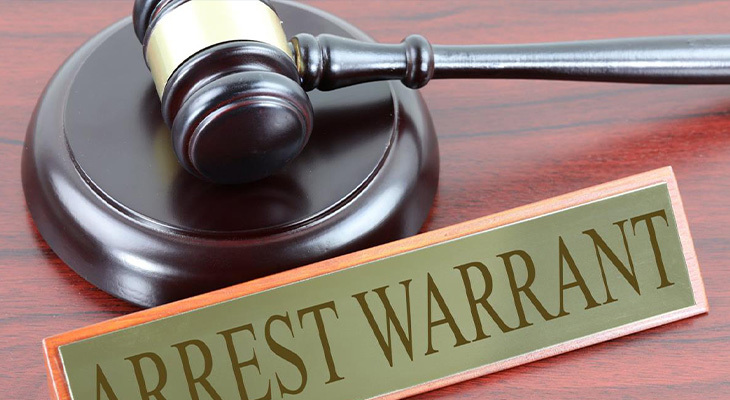Please Note: Affordable Defence cannot verify Ontario warrants remotely due to privacy and legal constraints. In-person visits to a police station with photo ID are required for confirmation. Visit your local police station for accurate warrant information; phone or online checks are not available due to security requirements.
If there is an arrest warrant out in your name due to a criminal or misdemeanor charge that has not been addressed, it means that any law enforcement officer in the province (or, in some cases, anywhere in Canada) can arrest you.
You firstly need to be aware of it so that you can start thinking about hiring the right legal representation to defend you.
However, you are not sent a letter through the mail about this. So, how do you find out if there is a warrant out for your arrest?
Most common ways to find out about arrest warrants
Go to your local police station
The most direct way to find out if there is a warrant for your arrest is to go to a police station and ask.
If a warrant has been issued for your arrest, you may be arrested and released on a promise to appear. Alternatively, you may be held in custody until you are brought before the court and released on bail (depending on the crime you are accused of committing).
It is usually inadvisable to go down this path unless you are accompanied by a criminal defence lawyer, who will be able to advise you how to handle the situation if an arrest warrant has been issued.
Contact the criminal court clerk
Your local criminal court clerk will be able to tell you if a warrant has been issued for your arrest – and for what charge.
However, this is another dangerous move unless you are accompanied by your lawyer. You can be arrested and brought into custody by a sheriff or police officer at the courthouse.
Hire a criminal defence lawyer to check
A criminal defence lawyer can check on your behalf whether an arrest warrant has been issued. Your lawyer can not only find out the pertinent information but can then guide you if there is an arrest warrant in your name.
In the worst cases scenario with arrest warrants, you are arrested on the spot when you are least prepared for it. When a criminal defence lawyer acts on your behalf, you can prepare yourself for what lies ahead and handle the process in a calmer, more stress-free manner.
What if my arrest warrant is from a different province?
In the majority of cases, an arrest warrant only applies to the province in which it is issued. So, only police officers from Ontario can arrest you with an arrest warrant issued in Ontario.
However, with more serious crimes, a Canada-wide arrest warrant may be issued. This means that you can be arrested by police officers anywhere in the country.
If a superior court or the court of appeal issues an arrest warrant, this also usually means that police officers anywhere in Canada can bring you into custody.
In some cases, a warrant issued by a provincial authority is endorsed by the court in another province, authorizing law enforcement officials from that province to arrest the subject of the warrant.
Some warrants may include a geographical radius, specifying the maximum distance that the police will travel to arrest a person. This is generally dependent upon the gravity of the alleged crime committed.
What types of warrants are there in Ottawa, Ontario?
Arrest warrants are just one type of warrant. There are three others. Let’s take a quick look at each type.
When an arrest warrant is issued, an experienced criminal defence lawyer can help you navigate the legal processes concerning the warrant so that you avoid unnecessary time in custody – as well as building a defence for the underlying charges.
If you expect a warrant to be issued in the near future, we can also advise you on the steps you need to take when that happens.
Contact an experienced criminal lawyer at Affordable Defence in Ottawa for a free case evaluation.
Please Note: Affordable Defence cannot verify Ontario warrants remotely due to privacy and legal constraints. In-person visits to a police station with photo ID are required for confirmation. Visit your local police station for accurate warrant information; phone or online checks are not available due to security requirements.

